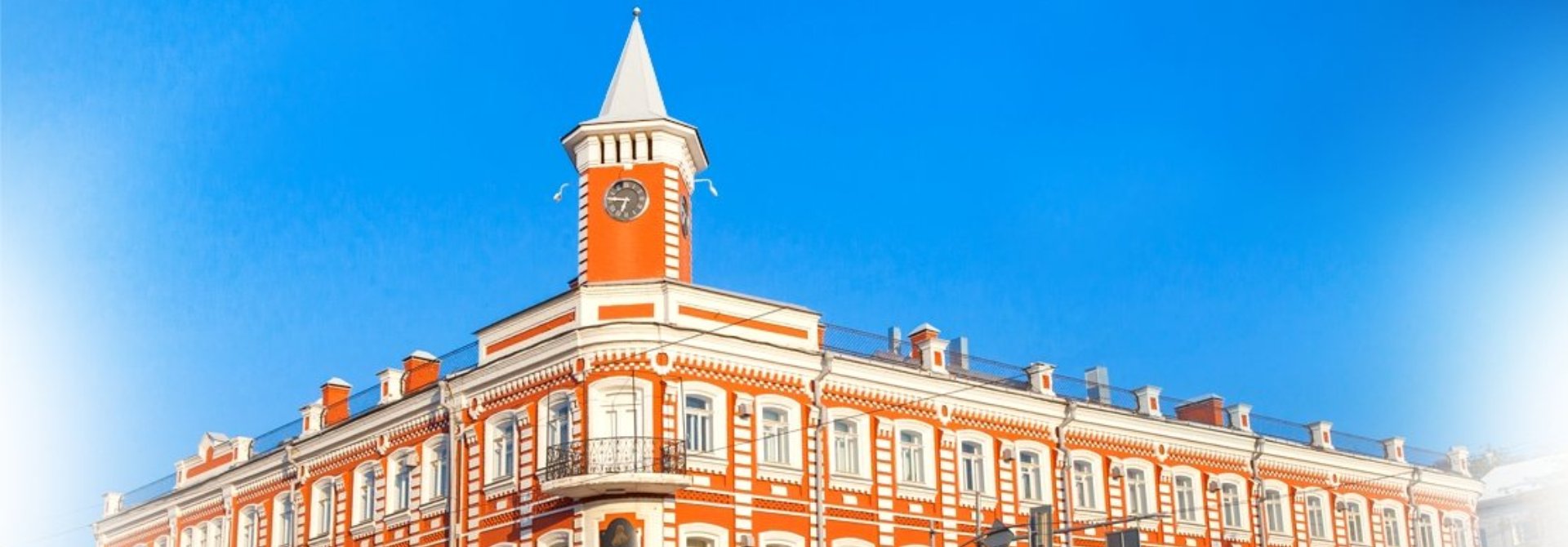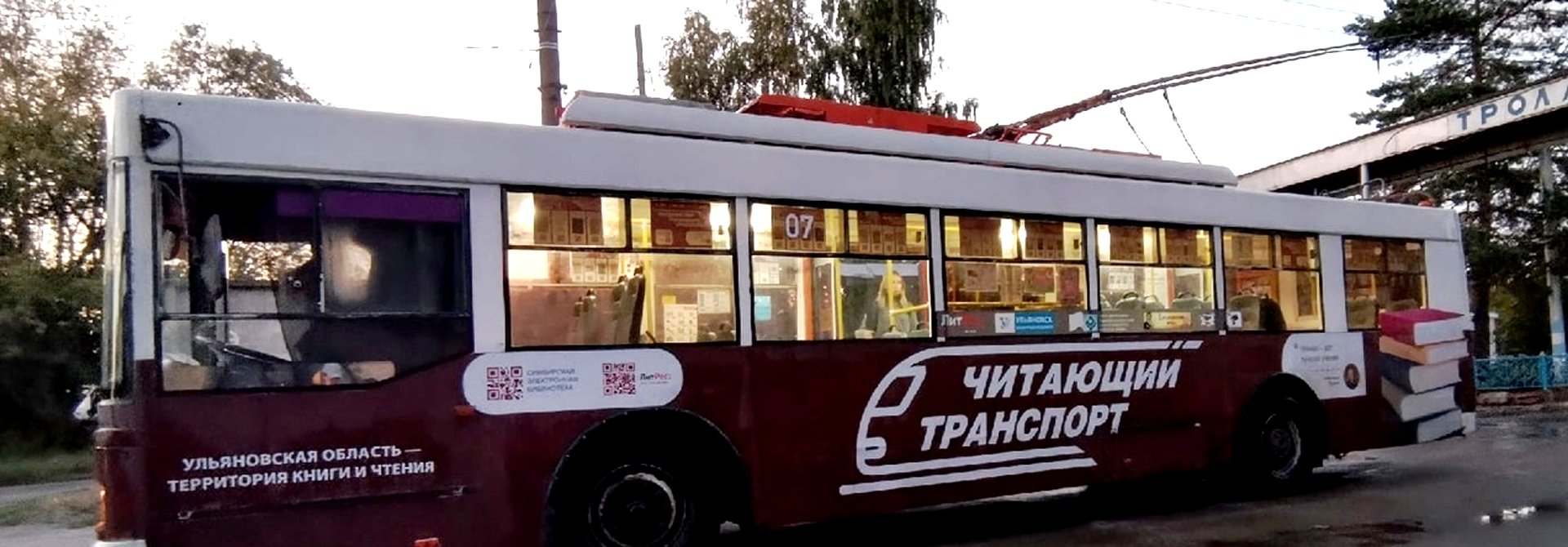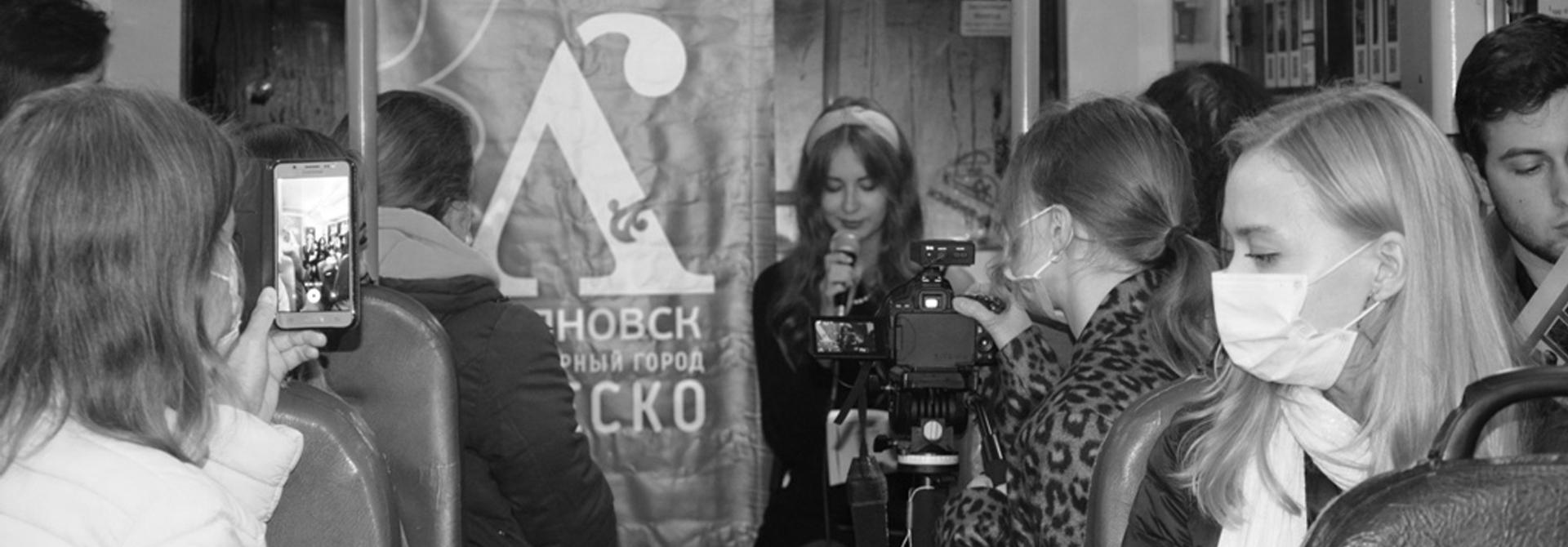
The Ulyanovsk UNESCO City of Literature Program Directorate continues publishing The Only Question - new international project - materials. 40 authors from 18 UNESCO literary cities (or related cities) participate in the project. Authors from Seattle and Ulyanovsk – Cara Diaconoff and Sergei Gogin – are our guests of the project.
The organizers invited writers, poets, playwrights, translators from UNESCO literary cities to imagine they have the opportunity to ask just one question to an author from any other literary city. The initiative will help to introduce the authors from the literary cities to each other and establish their dialogue. The project will also let to understand what issues are of concern to authors from different countries today. Besides, it will provide an opportunity for readers to get to know new writers and poets.
Questions and answers by the authors (in Russian and English) along with a short biography of each participant and links to their publications will regularly appear on the Ulyanovsk UNESCO City of Literature Website, other literary cities' websites, and social media, etc. Writers' dialogs will also be offered for publication on the project partners' platforms (literary magazines, libraries, literary media, and mass media). As a result of the project, in summer 2022 an online anthology will be released (in Russian and English) with all the conversations.
Seattle and Ulyanovsk - Cara Diaconoff and Sergei Gogin
Cara Diaconoff
As a writer and professional, you have experienced life during the final years of Communism/ the glasnost era, during the more open era of the 1990s, and, latterly, during Putin's era. How has the life of a creative writer in Russia changed from one of those eras to the next--or has it? For example, is it harder, or easier, to make a living as a writer now than it was in the '80s or '90s? Is it a lonelier profession than it used to be - or not?
Sergei Gogin
Dear Cara,
To begin with, I have never made a living as a poet or fiction writer. I know that in the US you call journalists writers – staff writers or contributing writers. But this is a very special type of writing. I am convinced that by and large journalism is not literature since in journalism the priority is given to facts, not images. At its best journalism may come close to literature, primarily in feature, opinion or documentary writing (Joan Didion could be an example, also James Fallows, Charles Peters and a plethora of other authors, on the British side it’s Bill Bryson, Tony Parsons, John Humphrys who come to mind – to name a few whom I read). Journalism gave me bread for some 30 years, never making me anywhere near thriving since I’ve never been a top-notch pen (or keyboard).
I am in a vulnerable position now having to consider whether it’s become harder or easier to earn for a living as a writer since, unlike you, I never even had a proper book contract with publishers (although I translated into Russian several books on gestalt therapy). But I look around and I see that it’s just as difficult or easy to be a professional writer as before or at any time in the future. Because, like always, talent and perspiration come first, and then comes the literary agent (and/or a serendipity of having a good editor). You may know that Dostoyevsky was outrageously underpaid and had to churn out his novels under the pressure of deadlines, he even forgot some names of his characters because of that. In the USSR writers had to be ideologically correct to be published, thus the market of literature was extremely distorted and politically motivated. We got access to a most powerful stratum of literature created in the Soviet years only with the advent of glasnost.
What became easier for a writer these days? I guess having Internet as the bottomless well of information and a marketing tool and also a vehicle of electronic publishing. On the other hand, there is a tremendous number of poor or mediocre authors who spoil the field of this divine application. A nice author can be easily buried in the heaps of electronic wordy rubbish. That’s why I trust good old editing which is a sieve having big enough openings so that only big talents are caught. The institute of literary agents is a recent (here) and developing infrastructural mechanism on the book market and it seems handy. There is a great supply of different online and offline courses in creative writing, which is also good as they provide an opportunity for those who would take it. Many new good authors take a chance to be published and of a great avail. But they had the book to offer. Some make a name young and continue to publish regularly, like Victor Pelevin whose novels are anticipated each time he is about to bring out a new one.
I am afraid that since Russia took the path of “nostalgic modernization”, i.e. it cares about the “heroic” past rather than the present and the future, the time of gloomy, Soviet-type ideological restrictions may return (and there are sad and disappointing signs that political censorship is back). It means that some honest writers, especially investigation journalists, have become persona non grata and even have to leave the country out of fear of unlawful prosecution. From this point of view it is more difficult to be a writer now, but it doesn’t have to do with the literary process per se. The good news is that literature is humanistically charged at its core, that we have classics who can’t be striken out and who already said it all, that literature deals with timeless issues, and even a short love story, well written, may become a momentous point from which major transformation will begin in a person, then in a small group, then in community, then in society. I realize it sounds idealistic, but human consciousness itself as a prerequisite of all creative activity is idealistic, isn’t it.
ABOUT THE AUTHORS
Sergei Gogin

Freelance journalist, theatre critic, translator, gestalt therapist, singer/songwriter. Born in 1964. Graduated from a technical university in 1986, but since 1989 worked as journalist, stuff writer in local print and broadcast media in Ulyanovsk. Received MA in journalism at The American University (Washington, DC) in 1996. Published three books of poetry. Stories and poems of mine have been published in literary journals. Translated a play by Emlyn Williams (the translation was published in 2020).Translated from English five books on gestalt therapy. Translated lots of texts contributed by authors from UNESCO cities of literature. A poetic cycle of verses libres “A small person with a big heart” was staged at the local theatre and was on show for five years. I contribute articles to print and online publications, write book reviews. Also work as a moderator at a literary club and an English-speaking club. I live and work in Ulyanovsk.
https://magazines.gorky.media/authors/g/sergej-gogin
http://litmap.uonb.ru/?page_id=1646
https://www.youtube.com/watch?v=3EOESWYfDuU&list=PLyJBxzvIBuY5GwM0Bljhzlk7Y11__-miB&t=12s
https://magazines.gorky.media/neva/2010/2/stihi-1632.html
https://magazines.gorky.media/neva/2011/8/stihi-1838.html
http://promegalit.ru/public/13338_sergej_gogin_triller_stikhotvorenija.html
https://ul.aif.ru/persona/sergey_gogin_u_potrebitelya_primitivnogo_chtiva_korotkaya_pamyat
Кара Диаконофф
I earned a B.A. at Oberlin College, an M.A. in English literature at University of Wisconsin, and an M.F.A. in creative writing at Indiana University. I have taught writing and literature as a visiting professor at Southern Methodist University, a Visiting Writer at Whitman College, a lecturer at Texas Christian University, a Peace Corps volunteer at colleges in Russia, and currently as an instructor at Bellevue College in Bellevue, Washington. I also served as managing editor of The Gettysburg Review. I am the author of a story collection, Unmarriageable Daughters, published by Lewis-Clark Press, and a novel, I’ll be a Stranger to You, published by Outpost19 e-books. I’ll be a Stranger to You won first prize in the novel category in the Utah Original Writing Competition, sponsored by the Utah Arts Council. My second novel, Marian Hall, is currently seeking publication. My stories have appeared individually in Indiana Review, Other Voices, The Adirondack Review, descant, and elsewhere; my honors include fellowships from the Norman Mailer Center and the Indiana Arts Commission and residencies at the MacDowell Colony. I am currently working on a collection of stories inspired by Russian folk tales and historical settings.
https://www.linkedin.com/in/caradiaconoff/
http://www.outpost19.com/IBASTY/
https://statorec.com/on-crushing-an-excerpt-by-cara-diaconoff/
Previous issues:
- Heidelberg-Ulyanovsk – Şafak Sariçiçek and Sergei Gogin
- Melbourne - Heidelberg – Christopher Raja and Klaus Kayser
- Calgary-Mannheim - Kelly Kaur And Claudia Schmid
- Melbourne And Ulyanovsk - Rijn Collins and Gala Uzryutova
- Heidelberg - Nottingham – Ingeborg von Zadow and Leanne Moden
- Durban-Ulyanovsk – Adiela Akoo and Sergei Gogin
- Heidelberg-Ulyanovsk|Moscow – Şafak Sarıçiçek and Irina Bogatyryova
- Yekaterinburg-Iowa City – Ekaterina Simonova and Jacquelyn Bengfort
- Iowa City-Québec – Jeremy Geragotelis and Vanessa Bell
- Heidelberg-Ulyanovsk – Juliane Sophie Kayser and Gala Uzryutova
- Durban-Melbourne – Adiela Akoo and Rijn Collins
- Heidelberg – Dublin – Şafak Sarıçiçek and Csilla Toldy
- Ulyanovsk - Heidelberg - Gala Uzryutova and Juliane Sophie Kayser
- Melbourne-Heidelberg: Anne Richter And Judith Rossell
- Ljubljana-Melbourne – Andrej Tomazin and Jo Langdon
- Melbourne and Heidelberg - Christopher Raja and Konstantin Hanack





